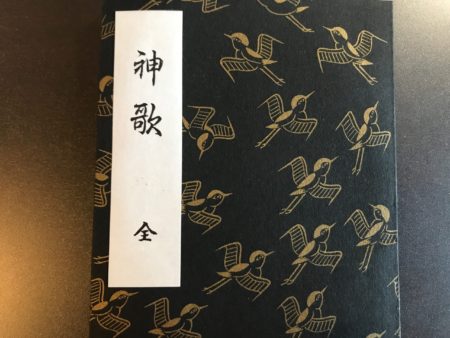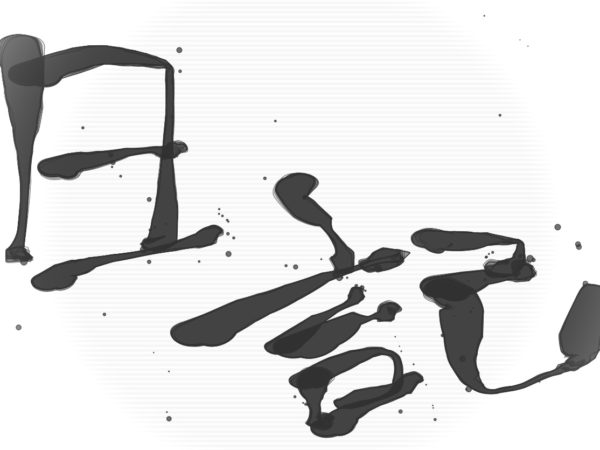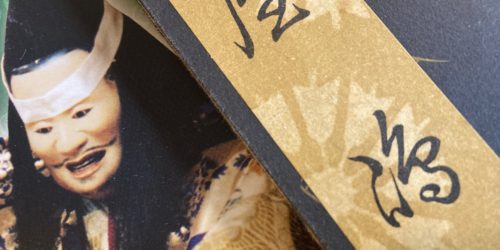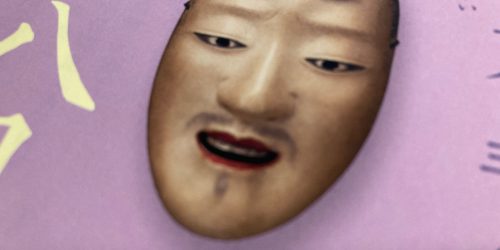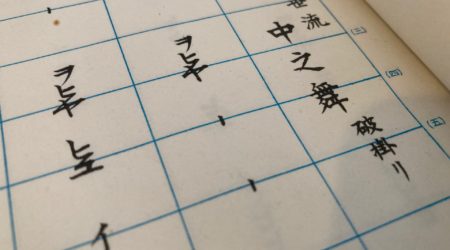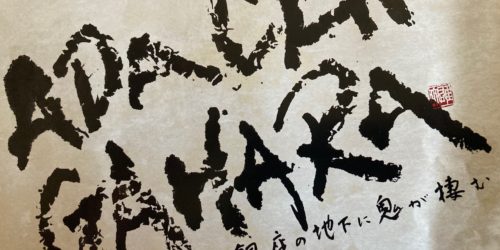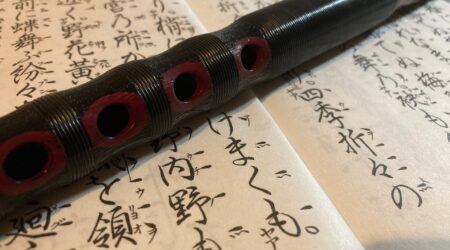I can empathize with that difficult and sacred Noh play called, Okina
My favorite Noh play is “Okina”.
There are at least 250 Noh plays today.
Usually, Noh plays have a story and meaning based on old Japanese history or legend, but Okina does not have these characteristics.
It is clearly different from other Noh plays.
Okina is like a ceremony that prays for peace, a huge harvest, and the prosperity of descendants.
So, Okina has been regarded as sacred from ancient times.
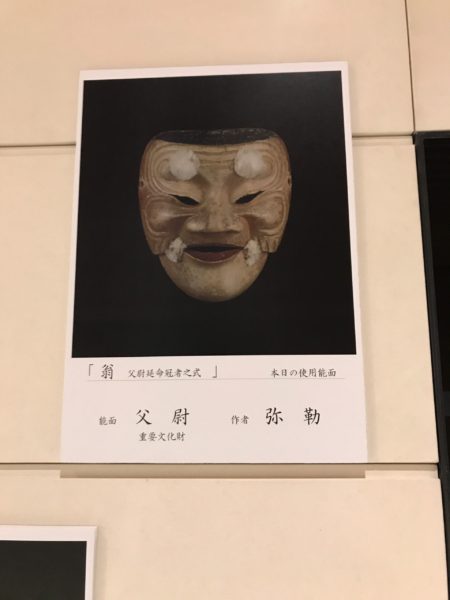
Today, Okina is performed within the solemn atmosphere of special occasions or at the beginning of the year.
However, I have feelings of a kind of closeness towards that sacred Noh play.
Okina seems to have been created over 900 years ago, and its origins have been a constant mystery until today.
Nobody knows who created Okina.
But one thing is certain: it shows that Okina has been performed since ancient times in order to wish for people to live peacefully.
People’s desire to wish for peace is the same now as it was back then.
That is timeless.
The way I see it, Okina is the fruit of so many years of praying for people to have peace.
So I can empathize with that difficult and sacred Noh play called, Okina.
At the beginning of this year, I appreciated Kanze Noh School’s performance of Okina.
They are the most traditional Noh school that has driven the field of Noh for over 600 years.
The Noh actors who were acting on the stage looked like the gods.
Though I’ve never seen the gods, I felt that the gods haunted them.
Okina is also a special Noh play for Noh actors.
They purify their minds and bodies in the traditional way several days before they play Okina.
It demonstrates Okina’s quality of being holy.
Those of us who appreciate this are like the attendants at the ceremony.
